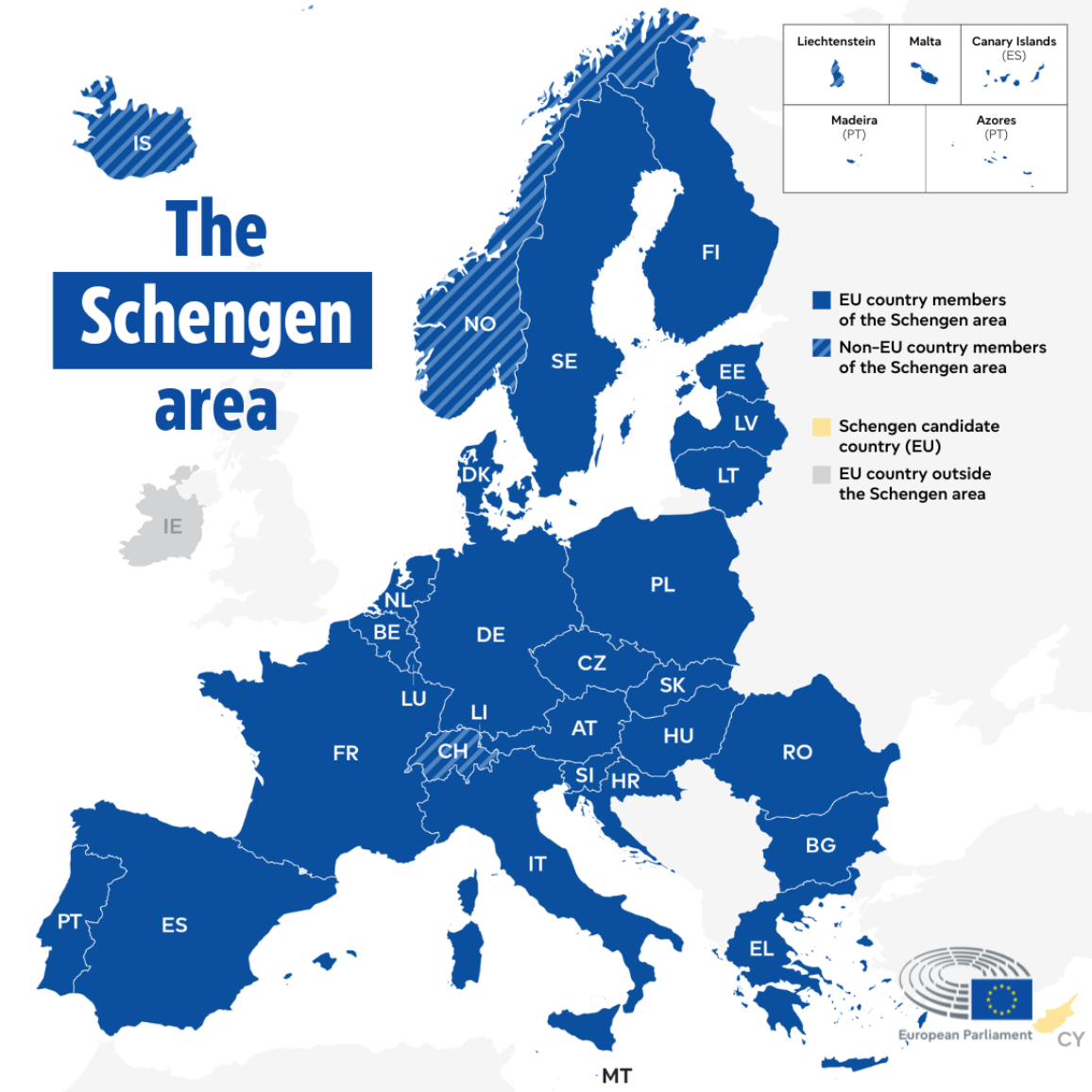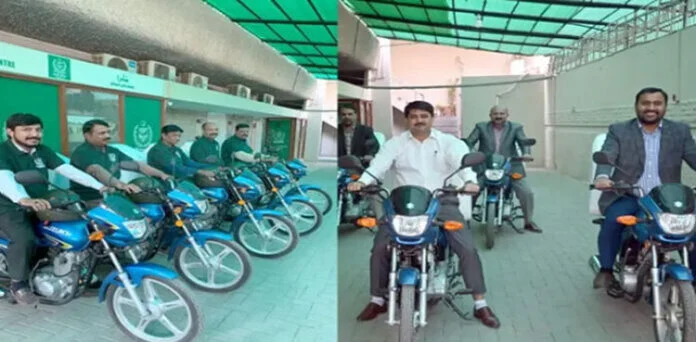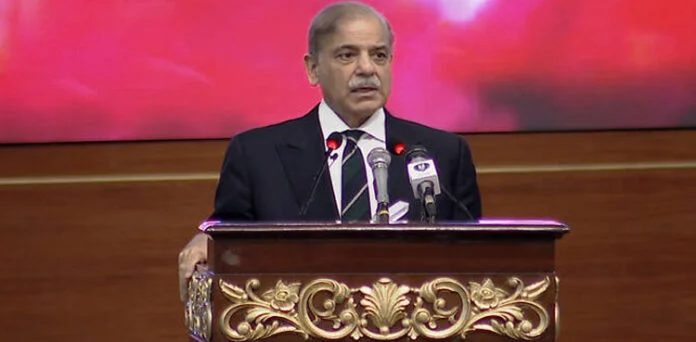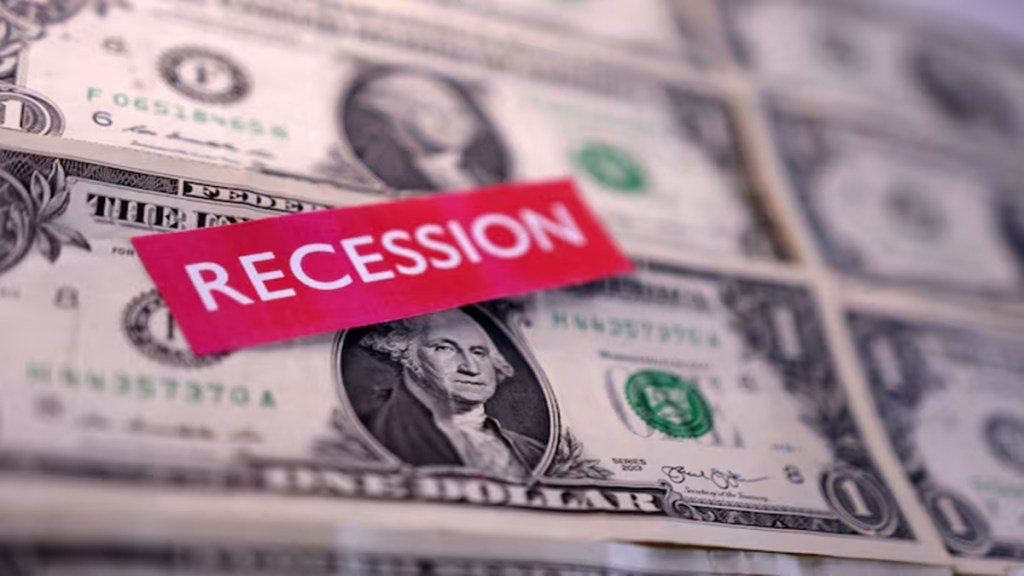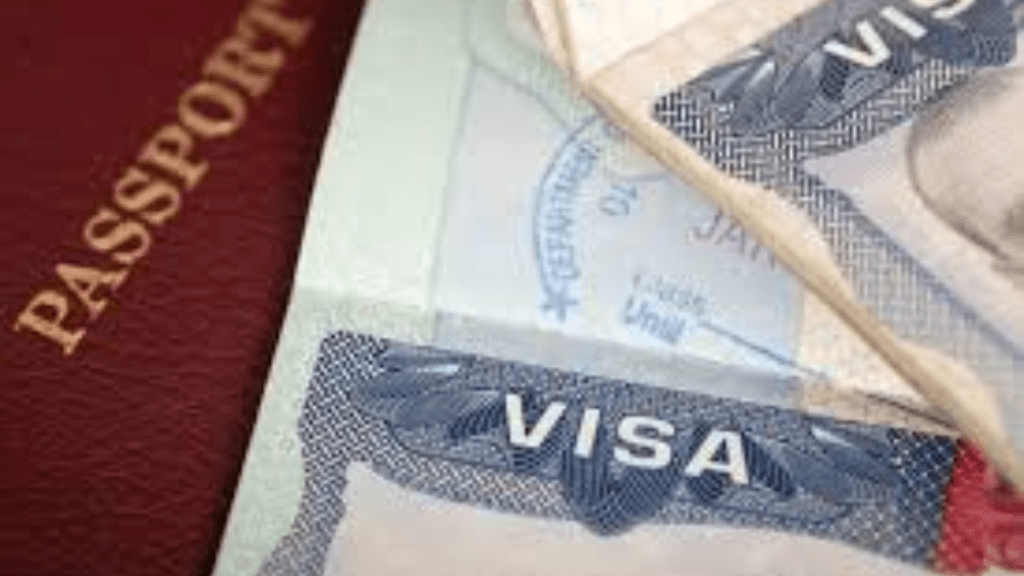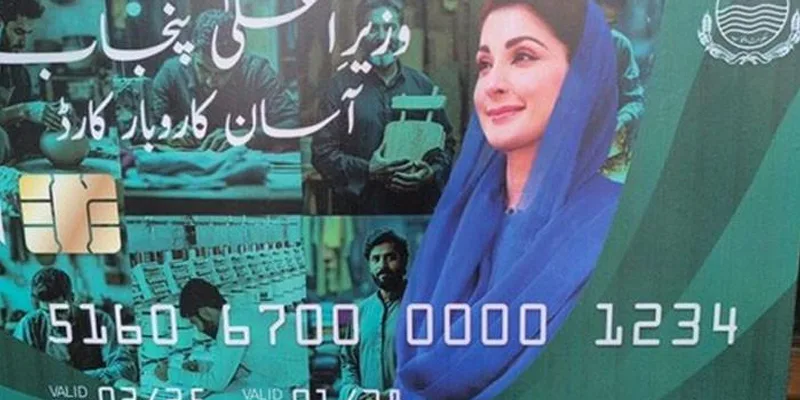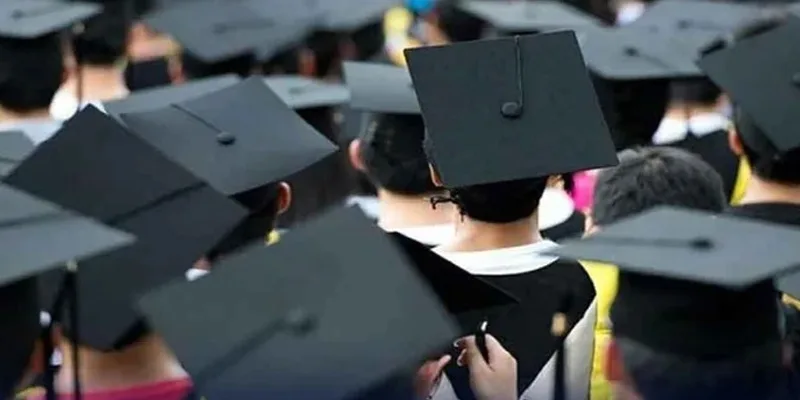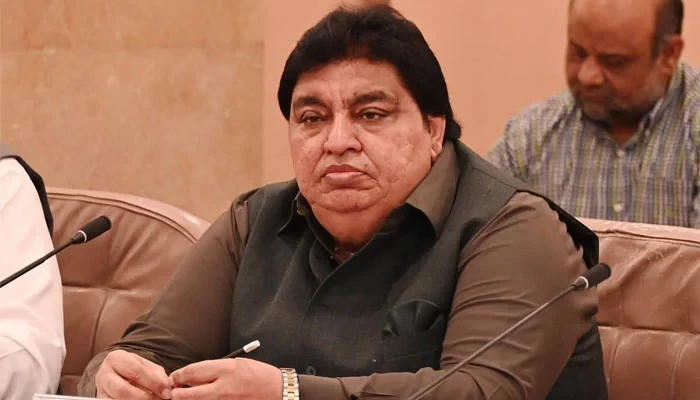
If you think you can charm your way through a U.S. visa interview with a well-rehearsed story, it might be time for a reality check. The U.S. Department of State has made it crystal clear in a recent social media post that’s been making waves—when it comes to visa interviews, truth is not optional. It’s the rule, the standard, and the dealbreaker if you get it wrong.
In a straightforward message posted by the U.S. Consular Affairs Office, applicants were reminded that honesty isn’t just encouraged—it’s required. Any attempt to bend the facts, stretch the truth, or hide past mistakes could lead to more than just a denied visa. It could result in a permanent ban from ever entering the United States.
This warning isn’t just for first-timers. Even experienced travelers should take note. Consular officers have access to a comprehensive database of your travel history, immigration records, visa applications, and any inconsistencies you’ve had with U.S. authorities. If you overstayed a visa years ago or submitted questionable details on a past application, they’ll likely know before you even sit down for the interview.
That cousin you called your uncle to secure a sponsorship? That job-seeking trip you claimed was “just a vacation”? These aren’t harmless white lies in the eyes of U.S. immigration officials. Any falsehood, no matter how small, can have major consequences.
So, when you’re preparing for your visa interview, focus less on crafting the perfect answer and more on telling the real one. Be clear, be honest, and don’t try to outsmart the system. It’s not about delivering the best story—it’s about giving the truthful one.
Getting caught in a lie could shut the door to the U.S. indefinitely. But telling the truth, even if it’s not perfect, keeps the door open. So, take a breath, stay calm, and stick to the facts. The safest route through immigration isn’t the smoothest story—it’s the honest one.


